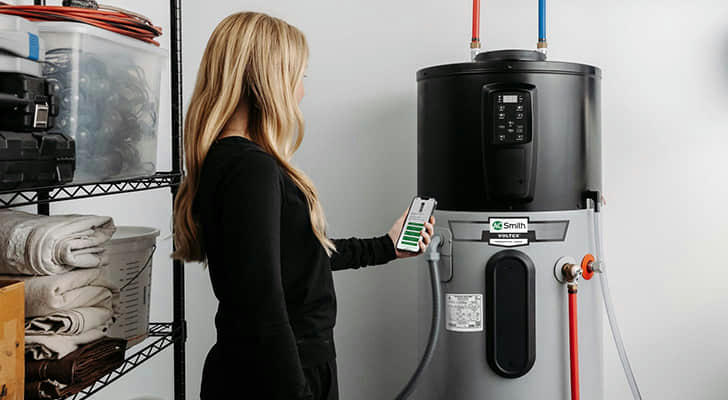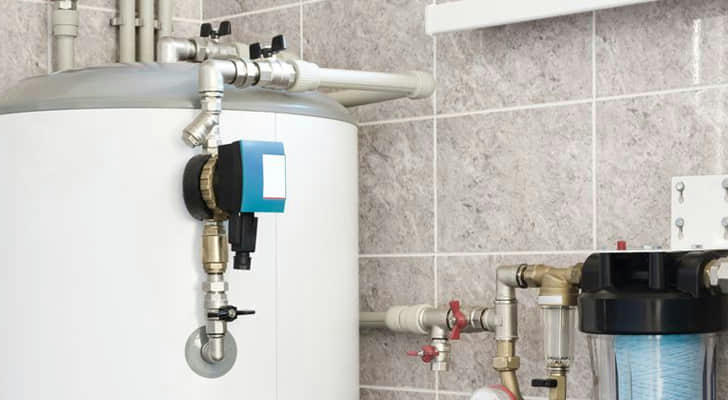How to Choose an Energy-Efficient Water Heater for Your Home

As awareness of environmental issues grows, energy-efficient appliances have become a priority for many households. Water heaters, essential for daily living, are no exception. Choosing an energy-efficient water heater not only enhances your quality of life but also significantly reduces energy consumption and costs. However, with various types of water heaters available in the market, how do you select the right one for your home? This article will explore common types of water heaters and provide practical case studies to help you make an informed decision.
1. Electric Water Heaters: Efficient and Reliable but High Energy Consumption
Electric water heaters are among the most commonly used types, known for their easy installation and straightforward operation. These heaters primarily use electricity to heat water in a storage tank, ensuring hot water is always available. While they are efficient in heating, they also tend to consume a significant amount of electricity due to the need to maintain water temperature.
Ideal Scenario: Electric water heaters are well-suited for small to medium-sized households, particularly in areas with stable and affordable electricity supply.
2. Gas Water Heaters: Instant Heating and Energy Savings
Gas water heaters use natural gas or propane to heat water on demand, eliminating the need for a storage tank. Their biggest advantage is that they provide instant hot water, so there's no waiting time. Additionally, because they don’t require constant heating, gas water heaters can significantly reduce energy costs.
Ideal Scenario: These heaters are perfect for families that require quick access to hot water, especially in larger homes or those with multiple bathrooms.
3. Solar Water Heaters: Eco-Friendly but Weather Dependent
Solar water heaters are the most environmentally friendly option, using solar energy to heat water. They require no electricity or gas, making them a zero-cost heating solution in sunny areas. Although the initial installation cost is higher, the long-term savings can be substantial, especially in regions with abundant sunshine.
Ideal Scenario: Solar water heaters are best suited for sunny, warm climates. If you are eco-conscious and willing to invest initially, a solar water heater can be a fantastic choice.
4. Heat Pump Water Heaters: High Efficiency and Versatile
Heat pump water heaters utilize heat from the air to heat water, boasting an efficiency rating that is 3 to 4 times higher than traditional electric heaters. While the initial purchase and installation costs are higher, the long-term savings on energy bills are considerable.
Ideal Scenario: These heaters are particularly effective in warm climates and regions with high energy prices, making them a cost-effective long-term solution.

Case Studies
Case Study 1: Ms. Li lives in the southern part of the country, where her family uses a large amount of hot water daily. After considering her family’s needs and local climate, she opted for a gas water heater. The instant hot water feature allowed her family to use multiple showers simultaneously during peak times, and the lower cost of natural gas further reduced their overall energy expenses. As a result, Ms. Li's family saved approximately 25% on their annual energy costs.
Case Study 2: Mr. Wang resides in a sun-rich area and is very environmentally conscious. He chose a solar water heater for his home. Although the installation was costly, he found that on sunny days, he rarely needed additional energy, only relying on electric backup heating during winter or cloudy days. After two years of use, Mr. Wang noted a significant decrease in his electricity bill, estimating that he would recoup the installation costs in three to five years. He is also pleased with his contribution to environmental conservation.

Conclusion
Selecting the right energy-efficient water heater for your home not only improves your comfort but also reduces energy expenses and carbon emissions. Each type of heater—electric, gas, solar, and heat pump—has its unique advantages. Your final choice should be based on your local energy resources, household water needs, and budget.
Recommendation: When selecting a water heater, consider not only the initial purchase and installation costs but also the long-term energy consumption and maintenance expenses. With careful planning and selection, an energy-efficient water heater can provide a comfortable hot water experience while contributing to environmental sustainability.
